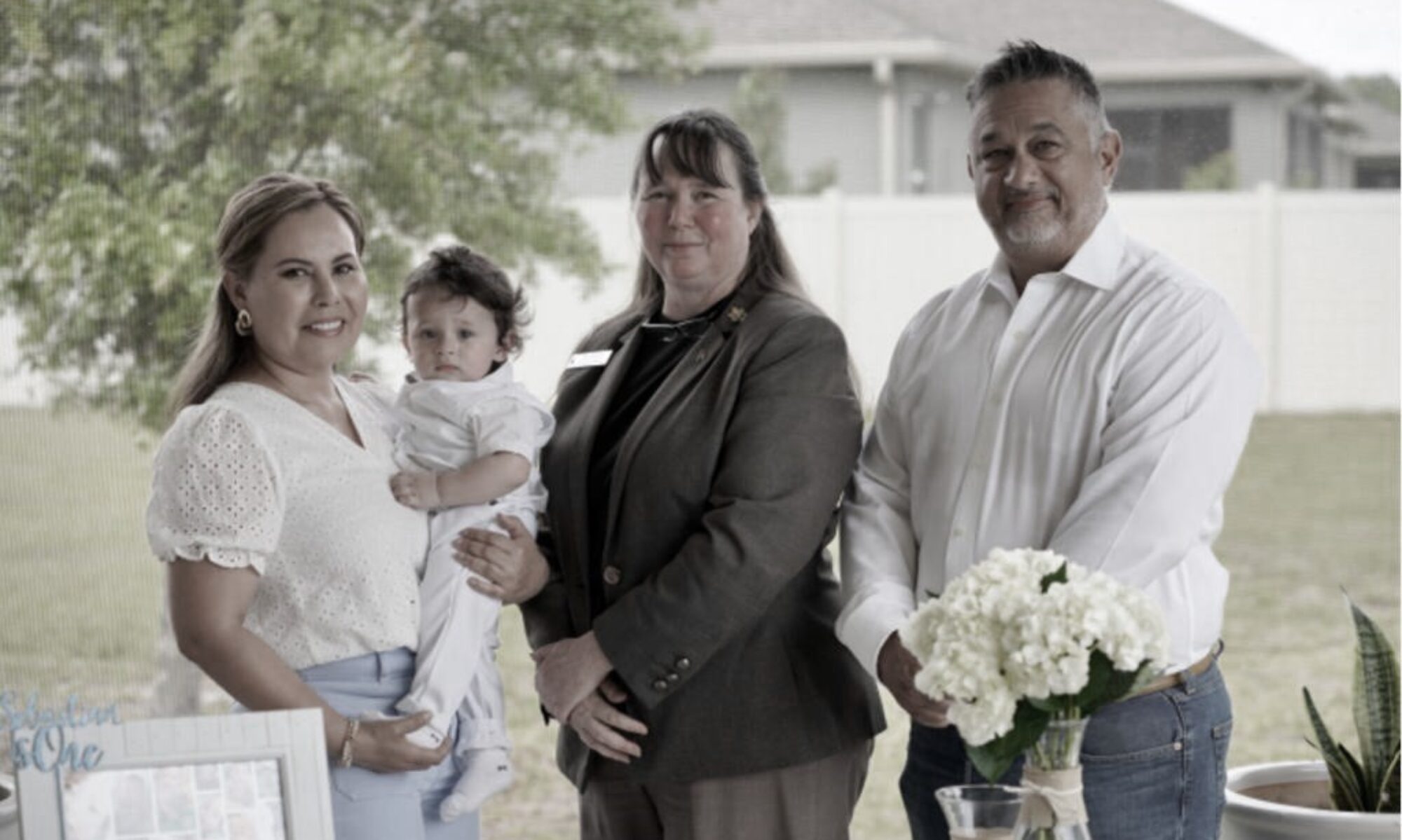Life doesn’t always follow a traditional path, does it? Your journey as an individual and as a couple is unique. Someone recently reached out with their personal story and wondered if an officiant could marry them without having to do the “whole ceremony thing”.
Here are the options that a celebrant/officiant can help you with.
Ceremony with Legal Marriage
This is the traditional version – at the wedding ceremony the legal declaration is part of the ceremony and the marriage license is signed by the officiant then filed with the county.
It doesn’t have to have a large ceremony – sometimes called a micro wedding or minimony, a small gathering of even a few family and friends is sometimes the intimate setting that is perfect for that couple.
Ceremony, No Legal Marriage
Some couples choose not to have a legal marriage; just a personal one. It may be that they cannot legally marry where they are, or perhaps they choose not to be legally married. Or perhaps they want to wait to be legally married later, but want to have their commitment ceremony now.
A commitment ceremony is exactly the same as any other wedding ceremony. The ceremony can contain any of the traditional elements and rituals including vows and exchange of rings – the only parts not included are the legal declaration & signing of the marriage certificate.
Legal Marriage, No Ceremony
Some couples choose to be legally married without the ceremony. Whether they are just with a couple of witnesses to sign paperwork or even a small gathering of a few family members & friends, this option is the most minimal, economical, intimate, and practical. Sometimes it is called the “sign & go” or “marry now” option.
Some go to a courthouse and have it done there, but i’ve been told that can be too impersonal – and that sometimes they “force” a “ceremony” or religious language that isn’t wanted. Others choose to have a notary or celebrant come to them. I’ve sat with a couple at their kitchen table and completed their paperwork, met them in a park, or at a coffee shop.
Two separate events; two separate purposes
Some couples choose to separate the two. They might get the legal aspect “out of the way” before heading to a destination wedding. They may want to have the legal paperwork in place to purchase a house together or some other practical reason, but want to wait for the “big ceremony” until a later date. During Covid, some couples chose to marry legally then plan a ceremony with family and friends later when they could safely bring people together again.
















